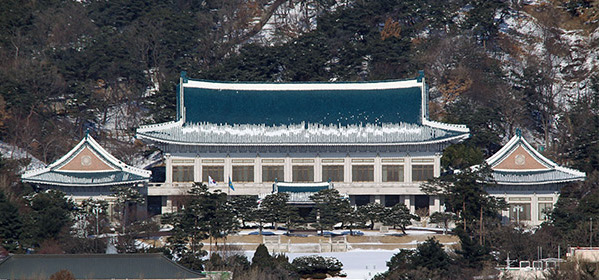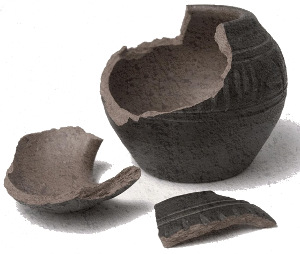So far, Australia has had approximately 28 detected cases of Covid-19 per 100,000 people and 4 deaths per 100,000 people. New Zealand has fared somewhat better, with 24 cases per 100,000 people and less than one death per 200,000 people. Australia’s deaths would have been lower but for some monumental blunders in the management of infected cruise ship passengers. In the USA to date, there have been approximately 524 cases per 100,00 people and 31 deaths per 100,000 people. That is, the infection rate in the USA per population is nearly nineteen times higher than in Australia and the death rate is nearly eight times greater.
In the case of Covid-19, Australia has done well and New Zealand has done better. The USA has suffered terribly, along with others. My point here is very simple: responses to crises of this kind demand good politics, good public emergency, medical, hospital and other services, effective administration and public co-operation and compliance. In the case of the Australian bushfires, Australia suffered badly; the emergency services performed brilliantly but were simply under-resourced and insufficient. They were overwhelmed. The problem was political. Good politics is negotiation towards agreement on action for the common good, followed by action, both immediate and for the long haul. That is lacking in America’s Covid-19 dilemma. It was lacking as Australia burned and is still lacking as Australia’s government ignores climate change.


 Donald Trump schlepped across town on Tuesday to meet with the publisher of The New York Times and some editors, columnists and reporters at the paper.
Donald Trump schlepped across town on Tuesday to meet with the publisher of The New York Times and some editors, columnists and reporters at the paper.